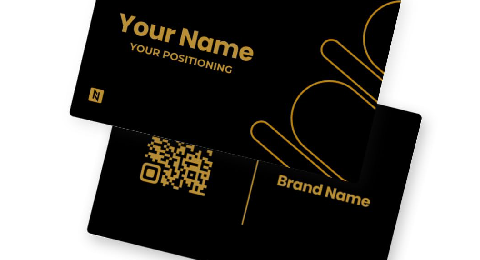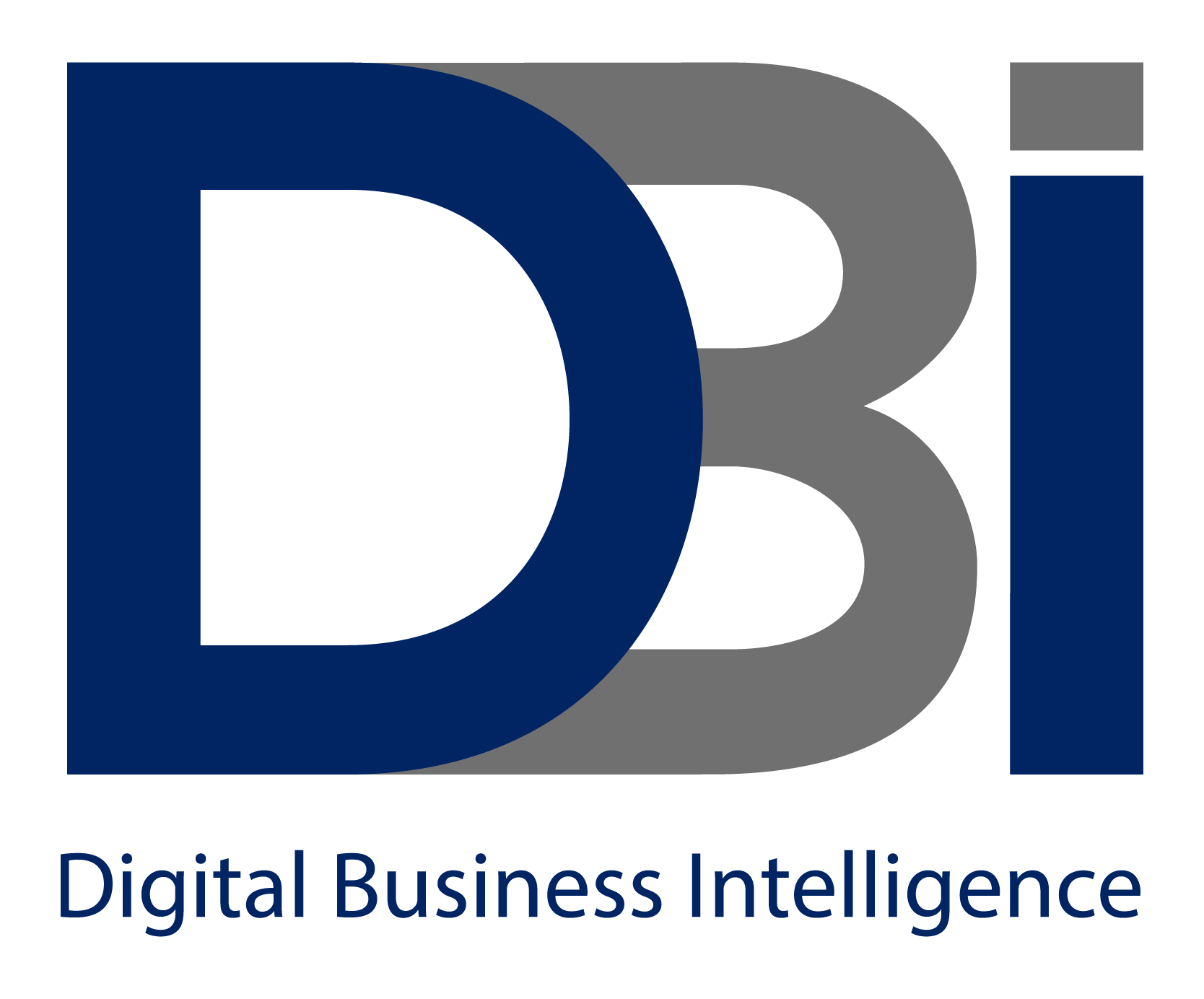If you’re wondering whether connecting to an unsafe website can harm your SEO, John Mueller from Google has an interesting response. In response to the question of whether linking to unsecured HTTP web pages has any negative effects on SEO, Google’s Search Advocate John Mueller offered an intriguing response.
It makes sense that a page’s ability to link to HTTP pages would be perceived negatively by users as a bad user experience.
Difference between HTTP and HTTPS
To deliver data from a server to a browser, HTTP is a protocol (a system of rules). With HTTPS, users can be sure that the website they’re visiting is secure and can be trusted with private data like passwords.
HTTPS is a Ranking Signal
Google is recognized for using the safe HTTPS protocol as a ranking factor. Google declared HTTPS to be a ranking indication in 2014. Beyond our content, we’re also striving to make the Internet more broadly safer, according to the announcement. Making sure that websites people access from Google are secure is a significant component of it. For these reasons, we’ve been conducting studies for the past few months that consider the use of secure, encrypted connections by websites as a signal in our search ranking algorithms.
We’re beginning to employ HTTPS as a ranking indication because we’ve observed positive results. While we offer webmasters time to transition to HTTPS, it is currently merely a very lightweight signal, affecting less than 1% of worldwide requests and carrying less weight than other signals like high-quality content.
However, as we want to encourage all website owners to move from HTTP to HTTPS to keep everyone secure online, we may decide to toughen it over time.
The context for the query concerning connecting out to insecure HTTP pages is that HTTPS is a ranking indication. It makes sense that the sites that are linked should likewise be HTTPS if Google values secure websites. But Mueller argues that’s not always the case.
Is It Bad to Link to HTTP Pages?
It is not advised to link to an HTTP website for a variety of reasons. However, the issue was restricted to determining if connecting to insecure websites that exclusively use HTTP hurt SEO.
The query was, “Does it negatively impact my SEO score if my page links to an external un-secure website? Therefore, HTTP is not HTTPS.
Mueller clarified that there is no such thing as an SEO score before rephrasing the question to reflect what he thought it was asking.
First off, we don’t have a concept of an SEO score, Mueller said in response. Therefore, you don’t need to worry about something like an SEO score. However, I can sort of understand the query, which is, “Is it terrible if I link to an HTTP page rather than an HTTPS page?” And in our opinion, everything is wonderful. You would link to it if these pages were on HTTP. Users might reasonably anticipate finding that. There is nothing wrong with linking to those kinds of websites. As opposed to HTTPS, which is more modern and secure, there is no disadvantage to your website if you avoid linking to HTTP pages.”
Linking to HTTP Pages Okay?
Mueller confirmed that using the HTTP protocol to link to another website is acceptable (for SEO purposes). HTTP, however, does not provide a way for the browser to confirm that the server returning a response to a request for a web page is the right server.
Because they believed it was only important for companies dealing with sensitive customer data, like banks, hospitals, shopping sites, and other industries, many online publishers delayed using the HTTPS protocol in the past. However, this is no longer the case because websites that use the HTTP protocol are vulnerable to assault, which could have unforeseen effects on such websites that could harm their bottom line.
Hackers have created methods over time to deceive site users into thinking they are accessing a certain website. Once deceived, the hacker will collect critical information such as bank passwords.
Some of the exploits that can occur when someone accesses a site utilizing an insecure HTTP implementation include DNS hijacking, man-in-the-middle attacks, and domain spoofing.
So, identifying outbound HTTP links and determining whether the associated site uses HTTPS may be a great practice (for reasons related to user experience). If not, it could be useful to look for a better website to link to if visitor security and usability are essential to you.
When users click a link from a secure website to an unsecured one and are informed by their browser that the website they are visiting is un-secure, they may begin to doubt the reliability of the safe website.
Beyond the effect on SEO, there are other factors to take into account.








